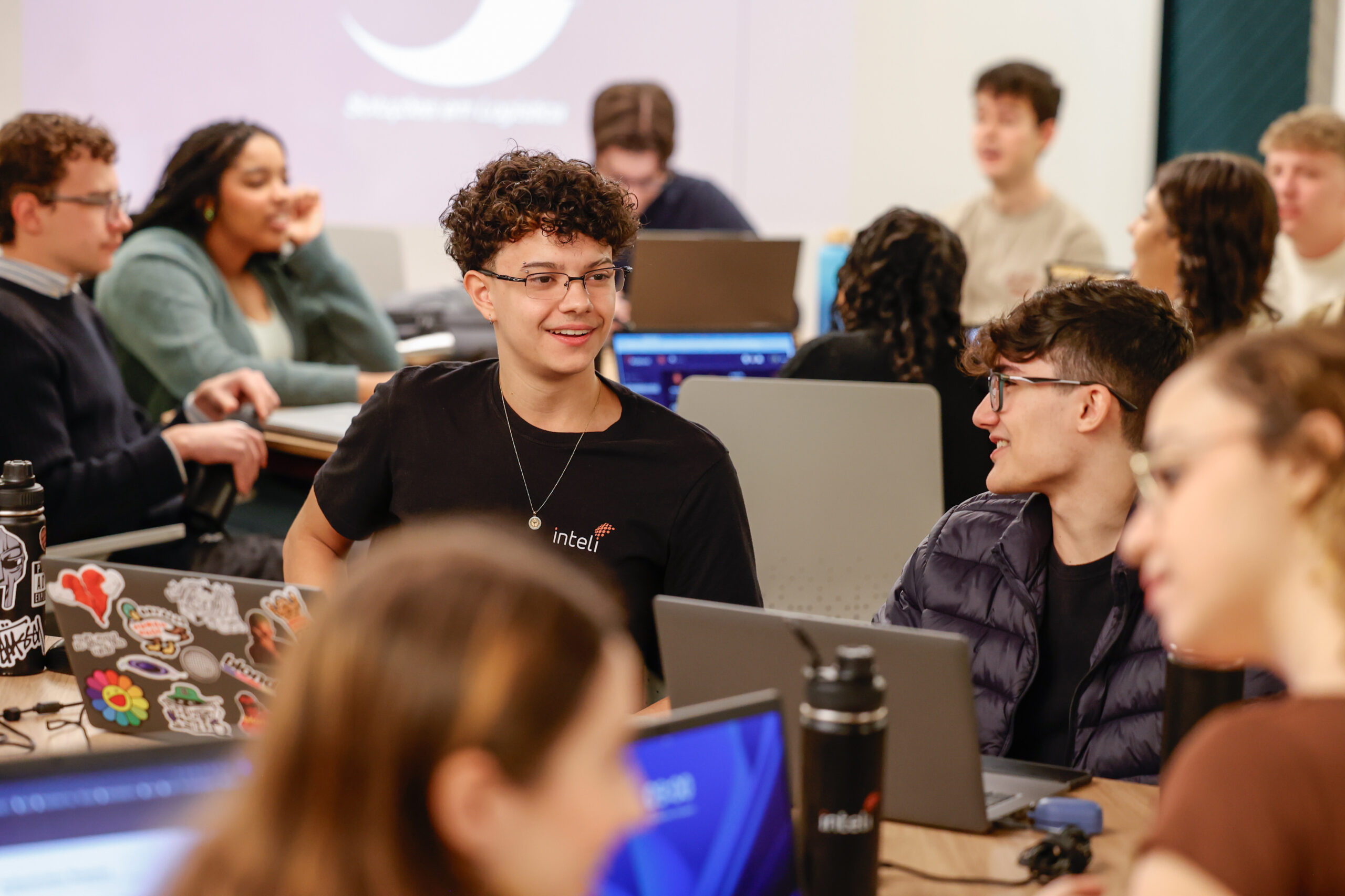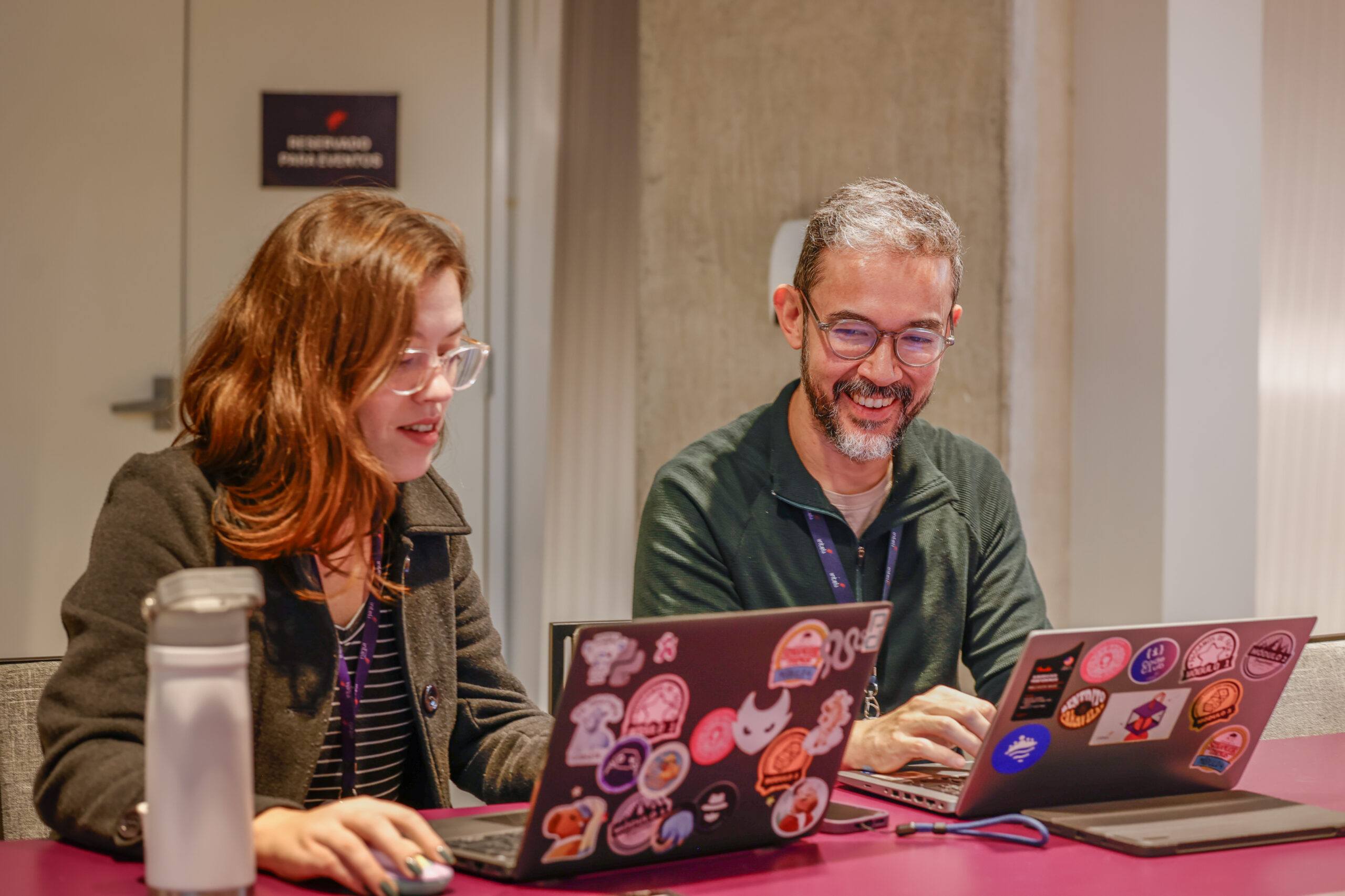Professors Henrique Paiva and Vitor Hayashi share the insights of the research presented at IEEE TALE 2024, bringing important reflections on the role of video assessment activities to stimulate self-reflection and communication skills in technology courses.
The aim of the research was to investigate the application of video assessment activities as an alternative to stimulate self-reflection in technology courses, preventing students from resorting exclusively to ChatGPT to respond superficially to assessment activities. Carried out over two years, the research collected the perceptions of 53 Information Systems, Computer Engineering, Software Engineering and Computer Science students. The motivation was to explore methods that promote active student participation and develop communication skills, which are often neglected in exclusively textual or code-based assessments.
The results showed that although the students identified greater flexibility of time and greater reflection in the video activities, they also reported difficulties with editing videos and increased anxiety. In addition, despite the proposal encouraging the articulation of arguments and verbal communication, the majority of students still showed a preference for textual or coded assessments, which are more susceptible to the passive use of ChatGPT.
The study suggests that video-based assessment activities can be implemented to complement traditional assessments, with the aim of promoting communication skills and critical reflection. The research is relevant because it indicates that, although the use of ChatGPT can be beneficial, it is essential to find assessment methods that encourage a more active and reflective use of the tool, contributing to more meaningful learning.
Access the full article here




